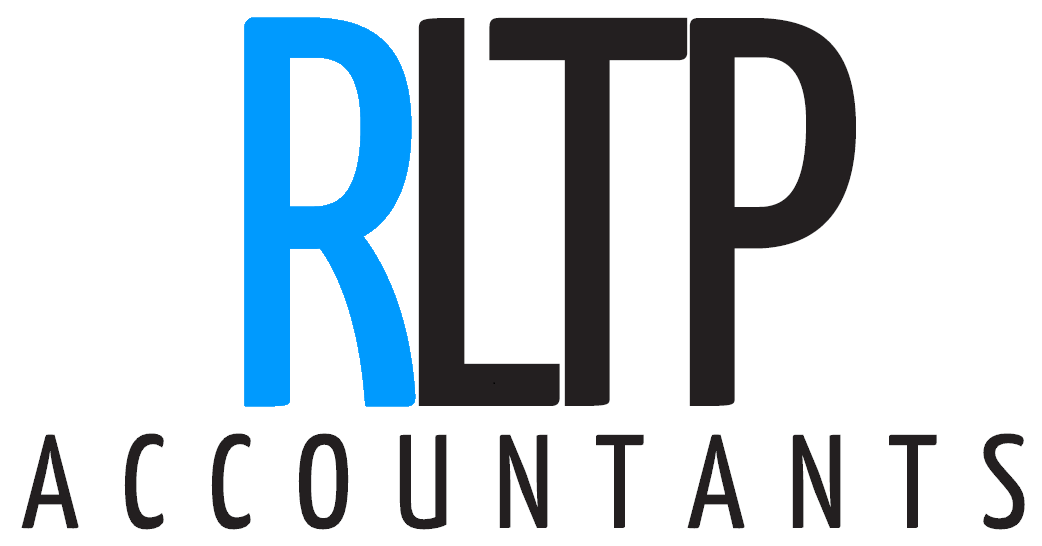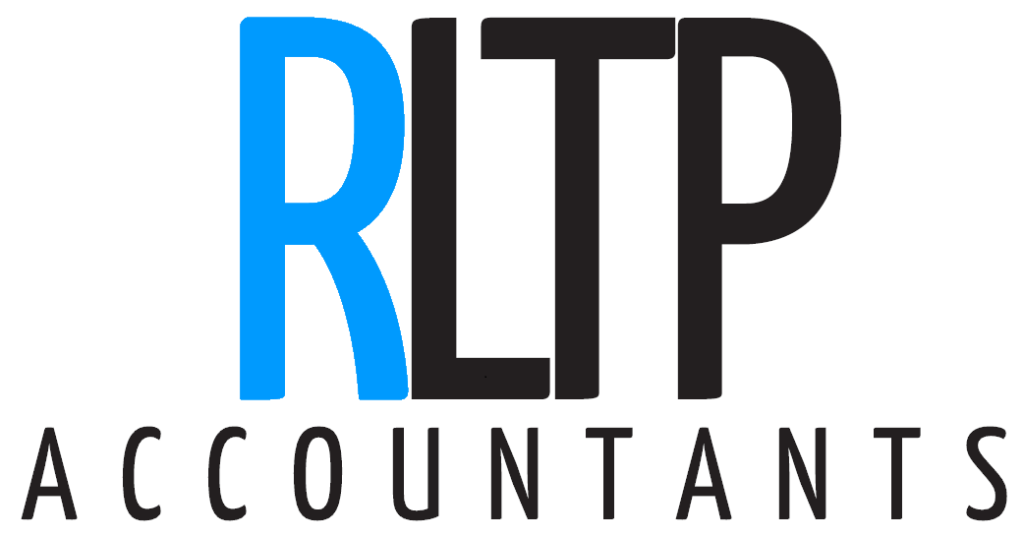If you have a limited company, contributing to a pension can bring significant tax advantages. You can make personal contributions to a pension or you can make contributions through your company. Take a look at the difference between the two below.
Making personal pension contributions as the director of a limited company
When you pay money into a personal pension, you receive tax relief that reflects the rate of income tax you pay. As a basic rate taxpayer, you effectively only pay £8 to save £10 into your pension. Although there’s no limit to the amount you can pay into your pension, there are limits to the amount you can contribute and still receive tax relief. The limit is currently 100% of your income, or a maximum of £40,000.
If you own a limited company and you take both salary and dividends, the dividends don’t count as ‘relevant earnings’, so only the amount of income you take as a salary will be used to calculate your pension tax relief limit. This means that if you take a small director’s salary and a large dividend from your company, your pension tax relief limit will be low. If you exceed your limit, you’ll face tax charges.
Therefore, if you want to increase the amount of money you can pay into your pension and still enjoy the tax benefits, you can either increase your salary, or make the pension contribution straight from your company as an employer contribution. There are other benefits to doing things this way too, as we’ll explain below.
Making employer pension contributions directly from your limited company
Your limited company can contribute directly to your pension. As an employer contribution counts as an allowable business expense, your company receives tax relief against corporation tax, so the company would save 19% (17/18 tax year) of the pension contributions in corporation tax.
Your contributions must abide by the rules for allowable deductions. The rules state that the pension contributions should be ‘wholly and exclusively’ for the purposes of business. To figure out whether this is the case, HMRC look for certain evidence, for example whether other employees are receiving comparable remuneration packages.
Another benefit is that employers don’t have to pay National Insurance on pension contributions. The National Insurance rate is 13.8%, so by contributing directly into your pension rather than paying the equivalent in salary, you save up to 13.8%.
This means that in total, your company could effectively save 32.8% by paying money directly into your pension rather than paying money in the form of a salary. Depending on your circumstances, this may or may not be more beneficial to you than paying personal pension contributions.


